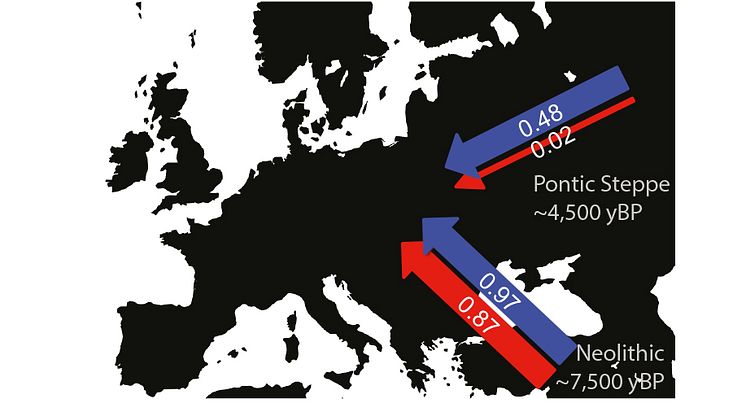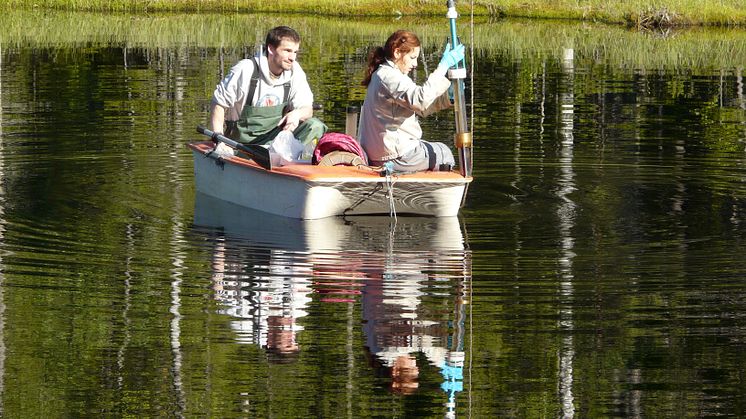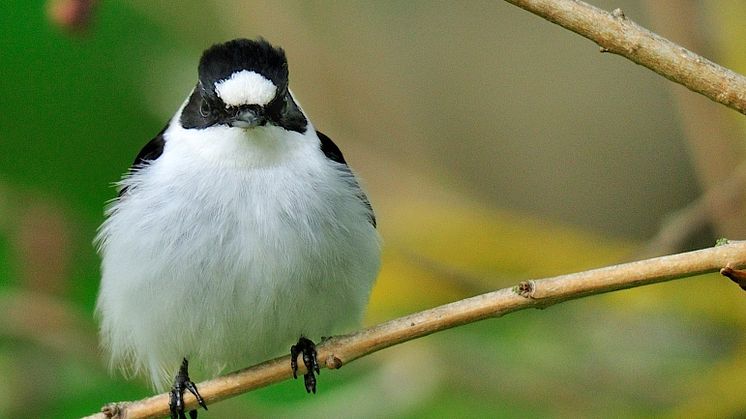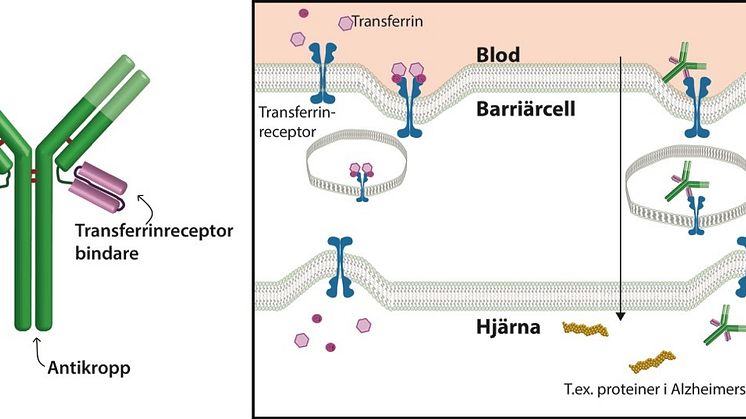One in five residents overuses electricity at neighbours’ expense
Household electricity use falls by more than 30% when residents are obliged to pay for their own personal consumption. This is shown in a new study by researchers at Uppsala University’s and the Research Institute of Industrial Economics (IFN), published in the Proceedings of the National Academy of Sciences of the USA (PNAS).



